| Researchers in Singapore have built a refrigerator that’s just three atoms big. | |
| This quantum fridge won’t keep your drinks cold, but it’s cool proof of physics operating at the smallest scales. The work is described in a paper published in Nature Communications (“Quantum absorption refrigerator with trapped ions”). | |
| Researchers have built tiny ‘heat engines’ before, but quantum fridges existed only as proposals until the team at the Centre for Quantum Technologies at the National University of Singapore chilled with their atoms. | |
| The device is an “absorption refrigerator”. It works without moving parts, using heat to drive a cooling process.The first absorption refrigerators, introduced in the 1850s, cycled the evaporation and absorption of a liquid, with cooling happening during the evaporation stage. They were widely used to make ice and chill food into the 20th Century. Albert Einstein even held a patent on an improved design.
Today’s fridges and air conditioners more often use a compressor, but absorption refrigerators still have their uses – science experiments included. First, the researchers caught and held three atoms of the element Ytterbium in a metal chamber from which they’d removed all the air. They also pulled one electron off each atom to leave them with a positive charge. The charged atoms – called ions – can then be held in place with electric fields. Meanwhile, the researchers nudge and zap the ions with lasers to bring them into their lowest energy state of motion. The result is that the ions are suspended almost perfectly still, strung out in a line. |
Image Credit: Centre for Quantum Technologies, National University of Singapore
News This Week
False Memories Under Fire: Surprising Science Behind What We Really Recall
New research challenges the ease of implanting false memories, highlighting flaws in the influential “Lost in the Mall” study. By reexamining the data from a previous study, researchers found that many supposed false memories [...]
Born Different? Cambridge Scientists Uncover Innate Sex Differences in Brains
Cambridge researchers found that sex differences in brain structure exist from birth, with males having more white matter and females more grey matter, highlighting early neurodiversity. Research from the Autism Research Centre at the University [...]
New study shows risk factors for dementia – virus causes deposits in the brain
Research into the causes of Alzheimer's is not yet complete. Now a new study shows that head trauma can activate herpes viruses and promote the disease. Frankfurt am Main – As a neurodegenerative disease, [...]
Are Machines Truly Thinking? Modern AI Systems Have Finally Achieved Turing’s Vision
Modern AI systems have fulfilled Turing’s vision of machines that learn and converse like humans, but challenges remain. A new paper highlights concerns about energy consumption and societal inequality while calling for more robust [...]
The Surprising Link Between Smell, Sound, and Emotions
New research reveals how smell and hearing interact in the brain to drive social behavior, using mouse maternal instincts as a model. Imagine you’re at a dinner party, but you can’t smell the food [...]
Brain cells age at different rates
As our body ages, not only joints, bones and muscles wear out, but also our nervous system. Nerve cells die, are no longer fully replaced, and the brain shrinks. "Aging is the most important risk factor [...]
Long COVID Breakthrough: Spike Proteins Persist in Brain for Years
Researchers have discovered that the SARS-CoV-2 spike protein persists in the brain and skull bone marrow for years after infection, potentially leading to chronic inflammation and neurodegenerative diseases. Researchers from Helmholtz Munich and Ludwig-Maximilians-Universität (LMU) have [...]
Water-Resistant Paper Could Revolutionize Packaging and Replace Plastic
A groundbreaking study showcases the creation of sustainable hydrophobic paper, enhanced by cellulose nanofibres and peptides, presenting a biodegradable alternative to petroleum-based materials, with potential uses in packaging and biomedical devices. Researchers aimed to [...]
NIH Scientists Discover Game-Changing Antibodies Against Malaria
Novel antibodies have the potential to pave the way for the next generation of malaria interventions. Researchers at the National Institutes of Health (NIH) have identified a novel class of antibodies that target a previously unexplored region [...]
Surprising Discovery: What If Some Cancer Genes Are Actually Protecting You?
A surprising discovery reveals that a gene previously thought to accelerate esophageal cancer actually helps protect against it initially. This pivotal study could lead to better prediction and prevention strategies tailored to individual genetic [...]
The Cancer Test That Exposes What Conventional Scans Miss
Researchers at UCLA have unveiled startling findings using PSMA-PET imaging that reveal nearly half of patients diagnosed with high-risk prostate cancer might actually have metastases missed by traditional imaging methods. This revelation could profoundly affect future [...]
Pupil size in sleep reveals how memories are processed
Cornell University researchers have found that the pupil is key to understanding how, and when, the brain forms strong, long-lasting memories. By studying mice equipped with brain electrodes and tiny eye-tracking cameras, the researchers [...]
Stanford’s Vaccine Breakthrough Boosts Flu Protection Like Never Before
Stanford Medicine researchers have developed a new method for influenza vaccination that encourages a robust immune response to all four common flu subtypes, potentially increasing the vaccine’s efficacy. In laboratory tests using human tonsil [...]
Water’s Worst Nightmare: The Rise of Superhydrophobic Materials
New materials with near-perfect water repellency offer potential for self-cleaning surfaces in cars and buildings. Scientists from Karlsruhe Institute of Technology (KIT) and the Indian Institute of Technology Guwahati (IITG) have developed a surface [...]
Japanese dentists test drug to help people with missing teeth regrow new ones
Japanese dentists are testing a groundbreaking drug that could enable people with missing teeth to grow new ones, reducing the need for dentures and implants, AFP recently reported. Katsu Takahashi, head of oral surgery at [...]
An AI system has reached human level on a test for ‘general intelligence’
A new artificial intelligence (AI) model has just achieved human-level results on a test designed to measure "general intelligence." On December 20, OpenAI's o3 system scored 85% on the ARC-AGI benchmark, well above the previous AI best [...]
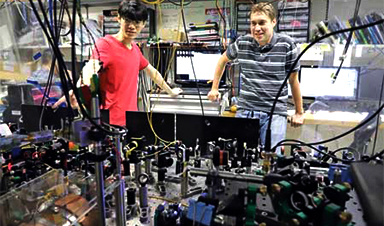

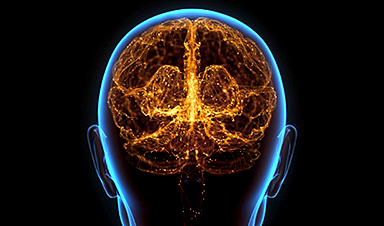

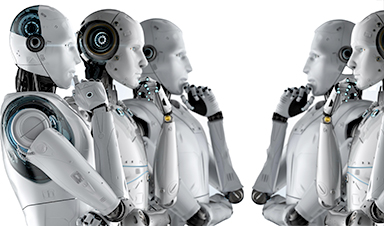

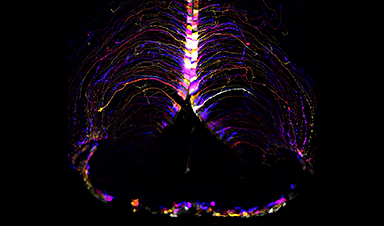
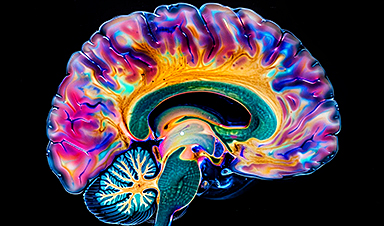
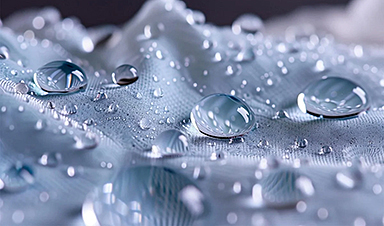
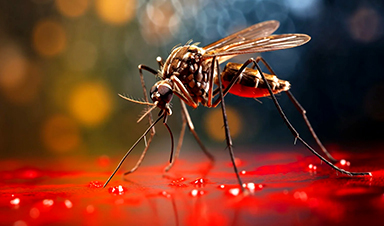
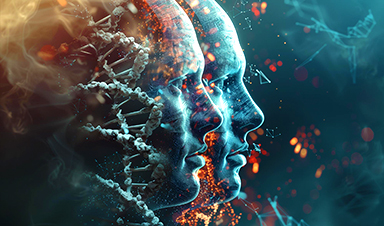
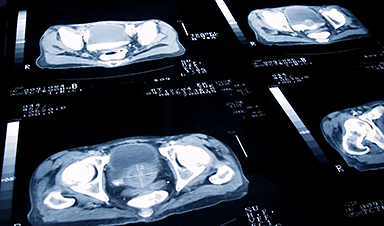
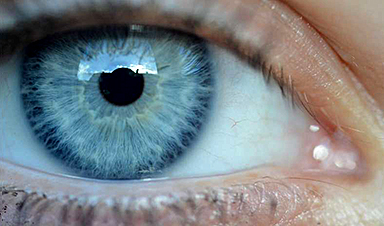
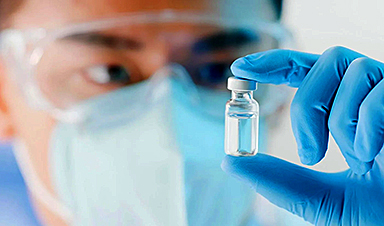


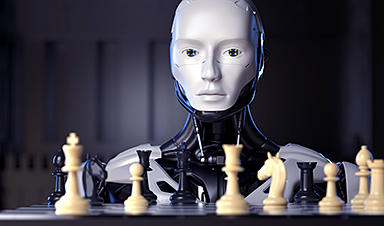



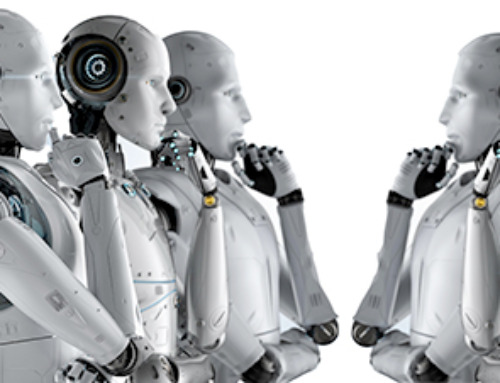


Leave A Comment